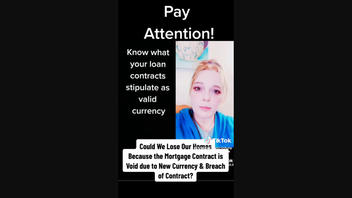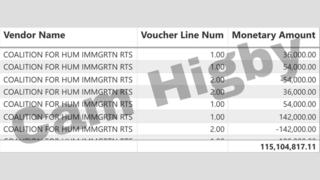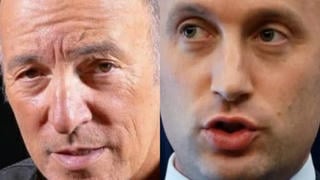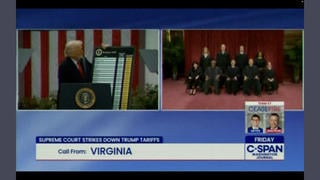
If a bank "switches currency," will that void a mortgage contract? No, that's not true: A mortgage document is a legally binding contract and within it there is a promissory note that requires the borrowed amount be paid and the loan agency to accept that amount, a mortgage expert told Lead Stories.
The claim appeared in a video published on TikTok on March 31, 2023, (archived here) with the woman in the video saying:
OK, so when the big banks finally go down or when your bank goes down, you people need to be looking for this. And when they come back up ... Months ago, I told you folks you should be studying contract law because if your bank switches currency that is voiding your mortgage contracts.
This is what the post looked like on TikTok at the time of the writing of this fact check:
(Source: TikTok screenshot taken on Tue Apr 25 22:14:09 2023 UTC)
The woman in the video suggests a hypothetical situation where a bank closes on Friday, then reopens no longer using "fiat currency," which is physical money -- both paper money and coins. She claims that, therefore, a mortgage with the bank would be null and void. "If the banks switch their currency, that is breach of contract," the woman says.
Amrish Dias, producing branch manager at Cardinal Financial Company, a nationwide mortgage lender, told Lead Stories via telephone on April 24, 2023, that the claim that a mortgage could be voided if banks "switch currency" is false:
Everybody who gets a mortgage has a promissory note. It says, in quick terms, you promise to make a mortgage payment in a timely fashion and then your payment will be done. It does mention dollar bills. It's an actual dollar amount.
A mortgage contract would not be voided because the contract is in the promissory note, Dias said. That promissory note states the money was loaned in U.S. dollar bills and is to be repaid in U.S. dollar bills. If the currency changes, the bank would have to amend the promissory note, not void the contract.
As of April 27, 2023, the Federal Reserve, which sets the country's monetary policy to "promote maximum employment and stable prices in the U.S. economy," had not made any announcements about changes to U.S. currency.
The woman in the video guesses what a bank's currency would switch to, saying, "I would assume it is CBDC. That is not fiat currency. When your mortgage becomes due, make sure you have cash on hand. You take cash directly to your bank. And you attempt to make your payment with the cash. If they refuse it, they just voided your mortgage."
As Lead Stories previously reported, the Fed's website explains the U.S. central bank's stance on Central Bank Digital Currency (CBDC), which it defines as "a digital form of central bank money that is widely available to the general public." The page, which was last updated on April 20, 2023 (archived here), explicitly states that the only currency available to the public from the Fed are physical banknotes. Although the Fed has explored the use of CBDC through research, that currency had not been implemented at the time of this fact check's writing.
Lead Stories has debunked several false claims related to the Fed. Those can be found here.
















